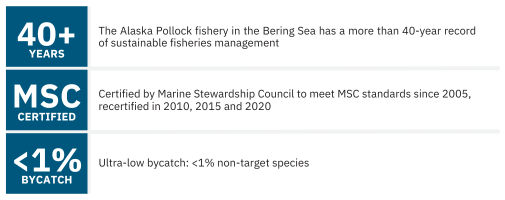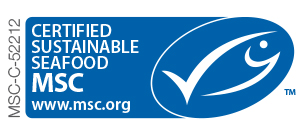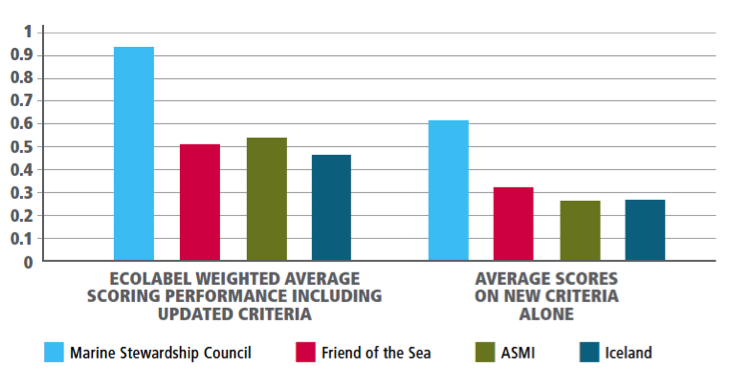Why is this important?
Sustainability and Traceability are core principals at Wiley Companies and a critical component of our AlaskOmega® omega-3 fish oils and concentrates. The Wild Alaska Pollock fishery has been managed through a holistic approach that assesses impact on the entire Bering Sea ecosystem for well over 38 years, monitored by the US government and the State of Alaska to ensure the continued health of the Alaska Pollock fish stocks.
Annual Alaska Pollock catches range from 1MM to 1.4MM MT (million tons) – approximately 50% of the Acceptable Biological Catch (ABC). There is less than 1 % bycatch of non-target species through the use of selective mid-water pelagic fishing trawls, ensuring that the fishery is efficient and a good steward of marine natural resources. The careful monitoring, responsible catch restrictions and sustainable fishing practices over the years have kept the Alaskan Pollock fishery healthy, robust and growing – with over a 65% increase in Pollock Biomass in 2014, according to a recent NOAA (National Oceanic & Atmospheric Association) assessment.









